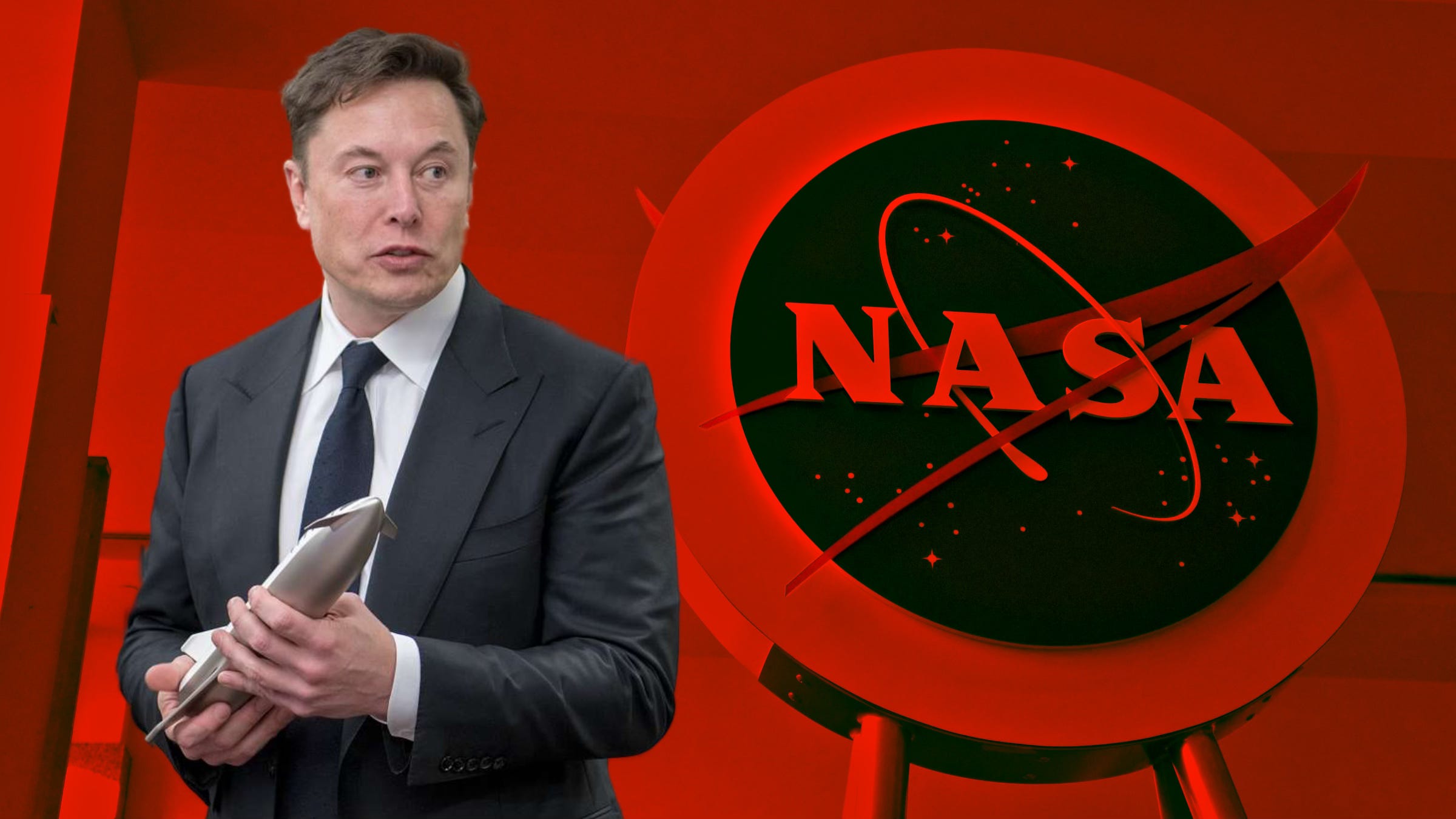Has NASA Ceded Its Mission to Elon Musk?
Washington, D.C. – July 30, 2025
NASA, once the beacon of America’s space exploration ambitions, is facing scrutiny over its increasing reliance on Elon Musk’s SpaceX, raising questions about whether the agency has ceded its mission to the private sector. As SpaceX dominates critical space operations, from crewed missions to the International Space Station (ISS) to plans for Mars exploration, critics argue that NASA’s role has shifted from leading to facilitating private enterprise, particularly Musk’s vision of interplanetary colonization.
A Shift in Space Dynamics
Historically, NASA spearheaded humanity’s reach for the stars, landing astronauts on the Moon and developing the Space Shuttle program. However, the agency’s trajectory changed after the Space Shuttle’s retirement in 2011, leaving the U.S. dependent on Russian Soyuz rockets for ISS access until SpaceX’s Crew Dragon filled the gap in 2020. Today, SpaceX’s Falcon 9 and Dragon spacecraft are NASA’s primary means of transporting astronauts and cargo to the ISS, with the company securing billions in contracts.
Franklin Foer, in a recent article for The Atlantic, argues that NASA’s dependence on SpaceX signals a broader surrender of its ambitions. “The agency once projected America’s loftiest ideals. Then it ceded its ambitions to Elon Musk,” Foer writes, highlighting how SpaceX’s reusable rockets, like the Falcon 9 and the developing Starship, have outpaced NASA’s costly Space Launch System (SLS), which costs $4.1 billion per launch compared to Starship’s estimated $100 million.
The Trump Administration and Budget Cuts
The Trump administration’s policies have intensified this shift. In 2025, the White House proposed slashing NASA’s budget by nearly a quarter, prioritizing crewed missions to the Moon and Mars while cutting funding for 40 science missions, including planetary exploration and climate monitoring. These cuts, coupled with the closure of NASA’s Office of Technology, Policy, and Strategy and Office of the Chief Scientist, have sparked concerns about the agency’s long-term vision. Fired NASA employees warn that these moves could increase costs and cede strategic oversight to private entities like SpaceX.
The administration’s appointment of Jared Isaacman, a Musk ally who flew on SpaceX missions, as NASA administrator (later withdrawn amid tensions), further fueled perceptions of Musk’s influence. Critics, including Senators Adam Schiff and Tammy Duckworth, have raised concerns about conflicts of interest, noting that Musk’s role in the Department of Government Efficiency (DOGE) and SpaceX’s contracts worth over $15 billion create an “unprecedented threat” to NASA’s independence.
SpaceX’s Mars Ambitions
At the heart of the debate is Musk’s plan to colonize Mars. SpaceX is preparing an uncrewed mission to Mars in late 2026, independent of NASA funding or approval, leveraging its Starship rocket. While Musk estimates a 50-50 chance of meeting this timeline, his relentless testing pace has made the goal plausible. Foer contrasts Musk’s engineering-driven approach with NASA’s cautious bureaucracy, suggesting that Musk’s vision is eclipsing the agency’s.
However, SpaceX’s dominance is not without risks. The company’s Starship has faced multiple test failures, and its monopoly on critical missions leaves NASA vulnerable. Lori Garver, former NASA deputy administrator, emphasizes the agency’s strategy of fostering competition, citing Boeing’s struggling Starliner as a cautionary tale. When Starliner’s thruster issues stranded astronauts Suni Williams and Butch Wilmore on the ISS for over eight months, SpaceX’s Dragon capsule became their only ride home, underscoring the agency’s reliance.
A Feud with Far-Reaching Implications
Tensions between Musk and President Trump have added uncertainty. In June 2025, Trump threatened to cancel SpaceX’s contracts, prompting Musk to counter that he could decommission the Dragon capsule, grounding NASA’s ISS access. While both sides later de-escalated, the feud exposed the fragility of NASA’s dependence on a single provider. Experts like Dr. Simeon Barber warn that such disputes could have a “chilling impact” on the U.S. space program.
The Path Forward
Supporters of SpaceX argue that its efficiency and innovation have revitalized space exploration. Posts on X reflect this sentiment, with users like @stillgray noting, “SpaceX is simply the best in the game and NASA needs Elon more than he needs them.” Yet others, like @saltuncensored, criticize SpaceX for diverting NASA’s funding and expertise.
NASA officials maintain that their partnership with SpaceX aligns with a broader strategy to leverage commercial capabilities while pursuing missions like Artemis. However, as Musk pushes toward Mars and NASA faces budget constraints, the agency’s role as a leader in space exploration is under question. Dr. Adam Baker, a space analyst, warns that the proposed cuts could “fundamentally shift” NASA’s focus, potentially prioritizing Musk’s goals over broader scientific objectives.
As SpaceX prepares for its Mars mission, the world watches to see whether NASA will reclaim its leadership or continue to orbit in the shadow of Musk’s ambitions.
